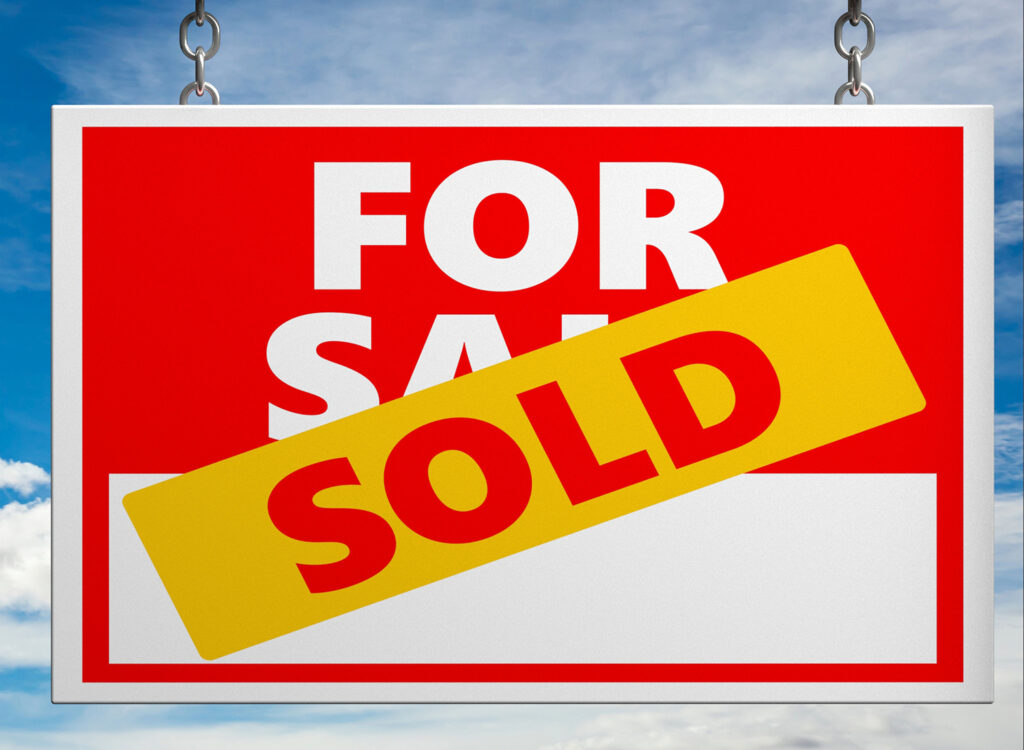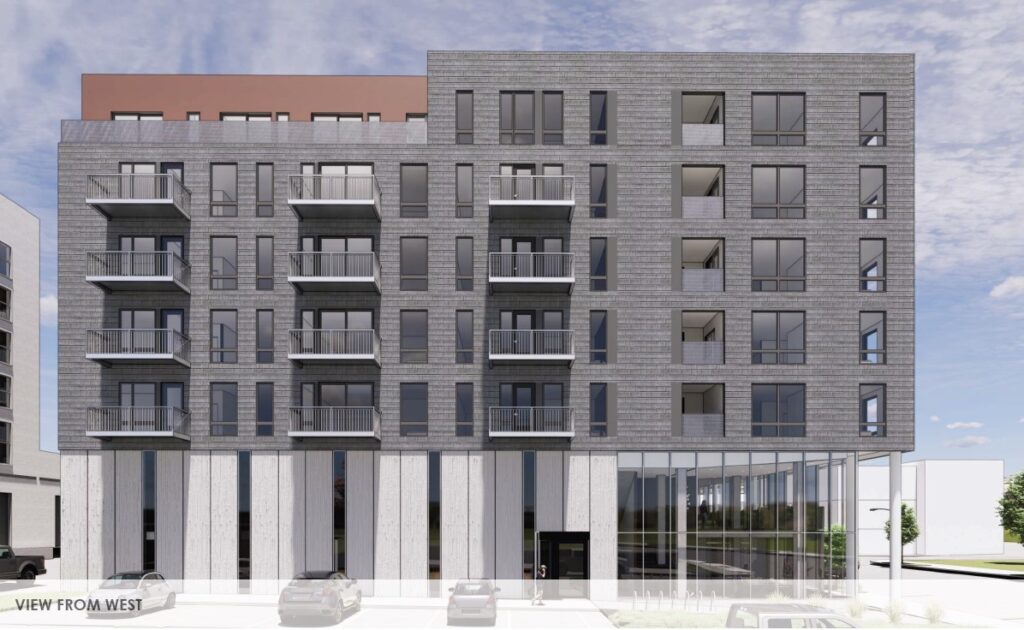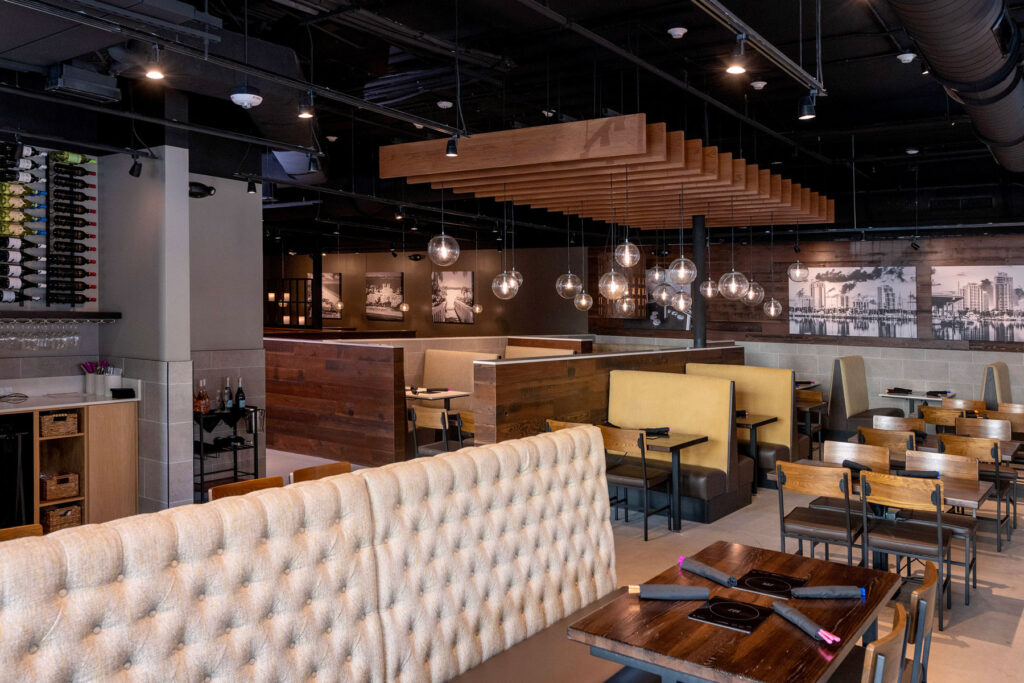A penny for your projects: 6 Polk County cities approve 1-cent sales tax increase

Residents of six Greater Des Moines communities gave overwhelming support Tuesday to adding a penny to the sales tax they pay. Part of the bargain is that their property tax rates will drop or hold steady in coming years.
For example, a budget expected to be approved March 11 by the Des Moines City Council will lop 60 cents per $1,000 of taxable valuation, dropping the rate to $16.64, the lowest levy rate in eight years.
The cities of Alleman, Altoona, Des Moines, Pleasant Hill, West Des Moines and Windsor Heights placed the issue on Tuesday’s ballot after state lawmakers gave them the ability to conduct individual elections on establishing the local option sales tax. In previous years, those communities, because they shared voters, were required to vote as a block.
Previous votes didn’t go so well. In 2017, Polk County voters rejected the 1 percent sales tax, though it was approved by voters in Des Moines, West Des Moines and Windsor Heights.
Overall, the tax is expected to generate $37 million in Des Moines alone. State law requires that 50 percent of the revenues generated by the additional sales tax be used for property tax relief.
Voters were comfortable, apparently very comfortable, with that notion, as well as the range of uses each city has planned for the balance of the revenues.
Des Moines voters approved the measure roughly 70 percent to 30 percent, according unofficial results from the Polk County auditor. The only squeakers, if you can call them that, were in Altoona and West Des Moines. According to unofficial results, 1,947 people voted in Altoona, where the measure was approved 59.4 percent to 40.5 percent, while 4,280 voters turned out in West Des Moines, approving the sales tax increase 62.8 percent to nearly 37.2 percent.
Elsewhere, the sales tax increase was approved 79.3 percent to 21.7 percent in Alleman, 73 percent to 27 percent in Pleasant Hill, and 64 percent to 36 percent in Windsor Heights.
The sales tax will not be levied on essential purchases. Groceries, utilities, automobile fuel, vehicle purchases and prescription drugs are all exempted, for example. The local option sales tax would not be added to the hotel/motel tax.
Studies from the Taxpayers Association of Central Iowa and Iowa State University estimated that 30 percent of the sales tax revenues generated by the extra penny would be paid by visitors to Greater Des Moines and not by residents.
The six communities plan to spend the additional revenues in a variety of ways.
The Taxpayers Association of Central Iowa will be expecting the approving cities “to follow through on the commitments that were made with respect to property taxes reductions,” said Gretchen Tegeler, executive director of the taxpayers association. “Our organization will monitor the results not only immediately, but also over time to assure the benefits are sustained. With property valuations rising so much over the coming year, we will be expecting even larger property tax rate reductions than may have initially been outlined.”
In Polk County, residential property valuations that will be released this month are expected to show an average increase of 10 percent, Polk County Assessor Randy Ripperger said.
The sales tax also was approved against a backdrop of continuing discussions about a follow-up to property tax changes that were passed in 2013.
For the time being, here is how communities plan to spend their sales tax revenue.
In Altoona, where voters turned down the local option sales tax in last year’s vote, city officials estimate that the owner of a $175,000 home will save $87.67 a year in property taxes, while the owner of a $300,000 home will save $141.73. Sales tax revenues will provide funding for road improvements, a new civic service center and training and facilities for the police department. It is estimated that 57 percent of retail spending in Altoona comes from nonresidents.
In Pleasant Hill, where voters also turned down the tax in March 2018, plans are to use 85 percent of an estimated $1.4 million in additional revenues for property tax relief, with the balance going toward projects that would stabilize property taxes. Pleasant Hill’s property tax rate has held steady for 19 years at $11.65 per $1,000 of a home’s assessed value. The rate would have need to increase to approximately $13.54 per $1,000 to fund necessary public safety improvements if the tax had failed.
West Des Moines will cut 79 cents from the current levy of $11.79 per $1,000 of taxable valuation. After residents on the Dallas County side of West Des Moines approved a local option sales tax in 2016, the city lowered the property tax rate to $11.79 from $12. The city will receive an estimated $7 million from the local option sales tax.
In Windsor Heights, the city will cut its levy by 69 cents beginning with the fiscal 2021 budget year, based on estimated additional revenue of $850,000.
Des Moines will receive an estimated $37 million in extra sales tax revenue. City leaders will cut the property tax levy by 60 cents per $1,000. If the tax had failed, the city planned to add 30 cents per $1,000 to its property tax levy.
All of the cities plan a range of public safety and infrastructure improvements with the remaining revenues.
The tax is effective July 1, meaning additional revenues can by used in planning for city budgets that take effect on that date.










